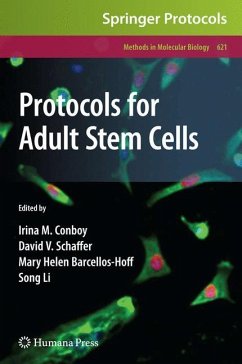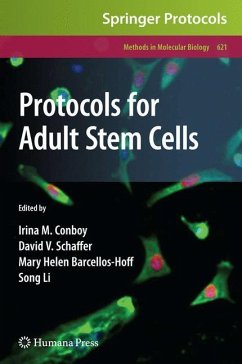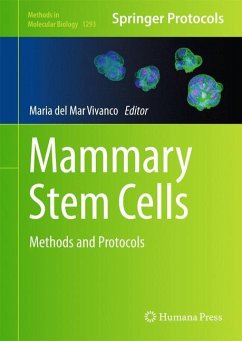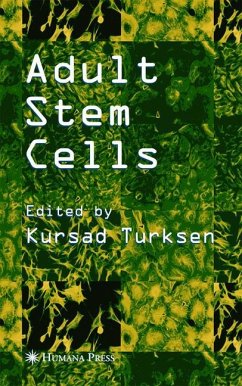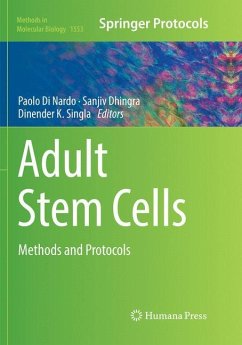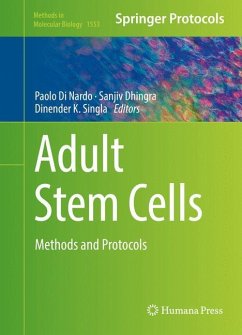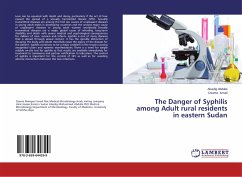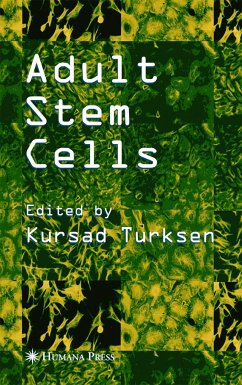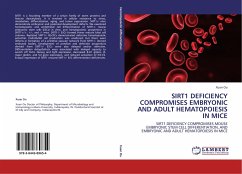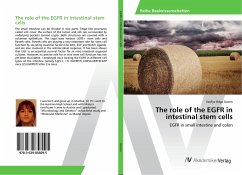
Adult stem cells in the mammary gland
Differential gene expression of potential stem/progenitor cell markers in murine mammary epithelial cells (HC11)
Versandkostenfrei!
Versandfertig in 6-10 Tagen
32,99 €
inkl. MwSt.

PAYBACK Punkte
16 °P sammeln!
Epithelial cells of the mammary gland have the ability to proliferate, differentiate and undergo apoptosis. A murine model system for studying mammary epithelial cell behavior is the HC11 cell line, which has some stem and/or progenitor cell characteristics. HC11 cells can be maintained, in response to special treatment conditions, as undifferentiated cells, competent cells capable of responding to lactogenic hormones, or they can be induced to differentiate. Based on data obtained from a gene array, the aim of this project was to investigate differentially expressed genes in HC11 cells, which...
Epithelial cells of the mammary gland have the ability to proliferate, differentiate and undergo apoptosis. A murine model system for studying mammary epithelial cell behavior is the HC11 cell line, which has some stem and/or progenitor cell characteristics. HC11 cells can be maintained, in response to special treatment conditions, as undifferentiated cells, competent cells capable of responding to lactogenic hormones, or they can be induced to differentiate. Based on data obtained from a gene array, the aim of this project was to investigate differentially expressed genes in HC11 cells, which might be stem/progenitor cell marker candidates and determine their functions in HC11 cells. This book will be useful for students and individuals working in a microbiological environment interested in the emerging field of adult stem cells. Furthermore this study describes a strategy to identify and validate stem cell marker candidates.



